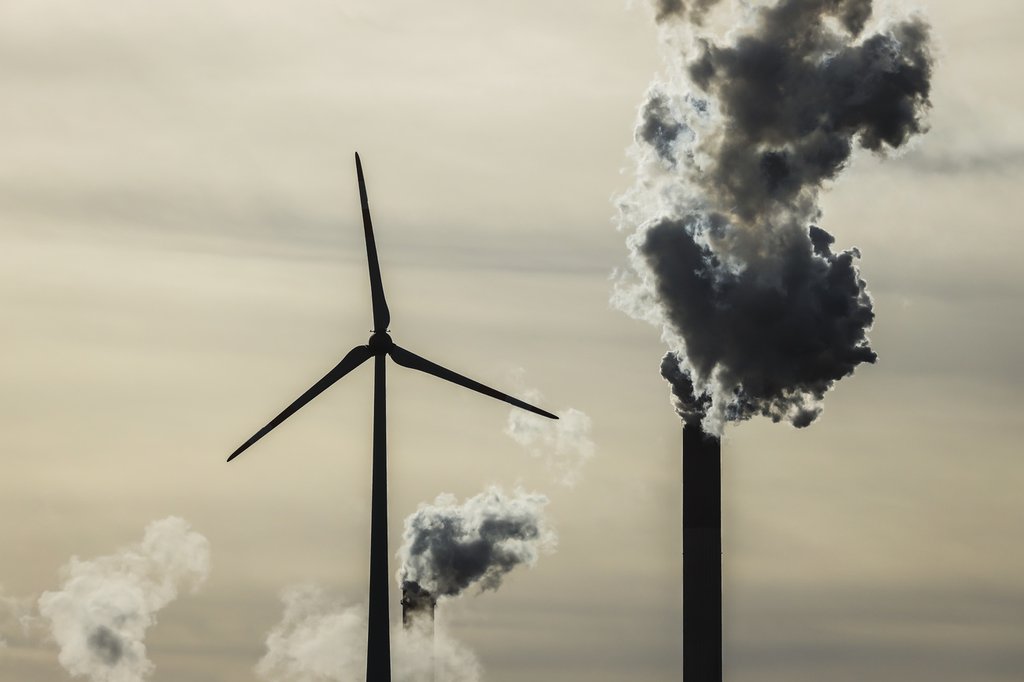Under the Paris Agreement, states can cooperate to mitigate climate change and purchase or sell emission reductions internationally. A fundamental difference to the previous Kyoto Protocol mechanisms is that all countries have now pledges for climate action. Thus, if transferring countries sell too many emission reductions, they risk missing their own mitigation targets. A new study commissioned by the Swedish Energy Agency shows strategies that could be used to prevent such «overselling».

The Paris Agreement requires from all signatory states to contribute to mitigation – in contrast to the Kyoto Protocol, under which only industrialized countries had concrete emission reduction targets. To achieve their targets, states can cooperate with each other: Article 6 creates the basis for market mechanisms so that countries can cooperate to achieve their Nationally Determined Contributions (NDCs).
Risks for transferring countries
A major concern of prospective transferring (i.e. «selling») countries under Article 6 is the risk that participation in cooperative approaches could compromise achieving their NDC, due to “overselling” emission reductions. This is not in the interest of acquiring (i.e. «buying») countries either, since the perception of risk might reduce transferring countries’ willingness to trade and to commit to corresponding adjustments.
Strategies to avoid overselling
With support from the Swedish Energy Agency, an international research team from Carbon Limits, INFRAS, SEI and Oeko Institute analyzed the risk of overselling under Article 6 of the Paris Agreement. The study focuses on the risk that transferring countries sell too many emission reductions and consequently miss their own targets, as the remaining reduction measures are too costly. INFRAS project manager Anik Kohli: «The report shows strategies on how to mitigate overselling risks and to prepare for their practical implentation».
Webinar from June 29th, 2020
INFRAS and its project partners presented the results of the study in a webinar. The recording of the webinar can be found here (see also slides).
Further information and studies by INFRAS on this topic (selection)

